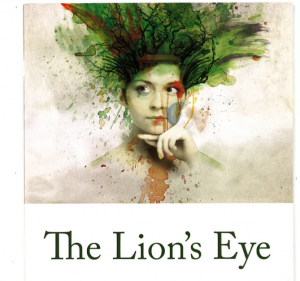
Here we have an interview with Professor Frank Hannold, Assistant Professor of English and faculty advisor to the Lion’s Eye, the College’s official literary magazine. Imagine the power words can have when published through a medium with nearly 50 years of recognition!
Prof. Hannold has been the advisor to Lion’s Eye since 1969 and 15 years later, in 1984, the organization changed to its current title from “Chimes.”
1] How is Lion’s Eye different now than when different now than when you first began working with the students?
“The most obvious difference it seems to me is the striking use of color in the graphic content of the magazine. Clearly the magazine has benefitted from the advances in graphic representation achieved by an ever-evolving technology. Also, it seems the increase in the number and range of creative writing courses has benefitted today’s student authors by sharpening their awareness of current literary developments.”
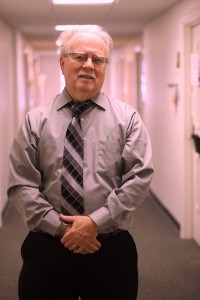
2] What purpose(s) do you believe Lion’s Eye serves to the campus community? How often is it published?
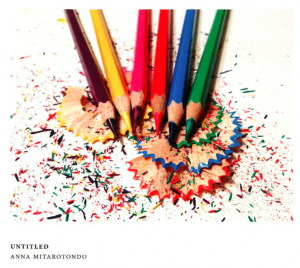
“The Lion’s Eye is a literary publication that is open to all student writers rather than to a more restricted group and so it provides a space for works from authors of all ethnicities and genders and aesthetic orientations. As such, The Lion’s Eye serves writers and graphic artists of various orientations the opportunity to reach a broader audience than they might otherwise reach. And of course, it provides many of them the thrill of their first experience of seeing their work in print, or the disappointment of rejection, common to all artists.”
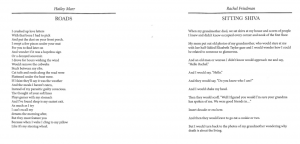
So the open invitation to all campus members contributes to the quality of the Lion’s Eye? Yes.
“And The Lion’s Eye also encourages students of various identities to work together as a staff to do the work of planning, making decisions and meeting deadlines, in order to publish the magazine, which typically happens twice a year.”
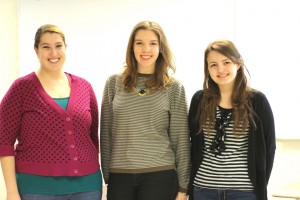
4] Do you think it is important for students to get extracurricular writing experience?
“I think it is very helpful for students to get the extracurricular writing experience by submitting their work to student-run publications. Doing so gives them experiences similar to those they will undergo as they continue to write after graduation. Whether their work is accepted or rejected, they learn from the experience to re-write and revise and to have an audience in mind.”
Prof. Hannold even shared some of his own university publication experiences: “While I did not work on a literary magazine as a student, I did submit my work and was pleased to see it appear in the student run publication, The Florida Quarterly,” he said, explaining that, “Submitting my work showed me what to expect when I submitted other work to independent publications.”
